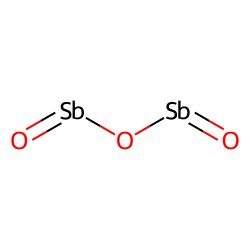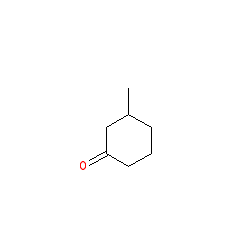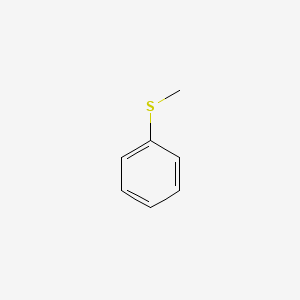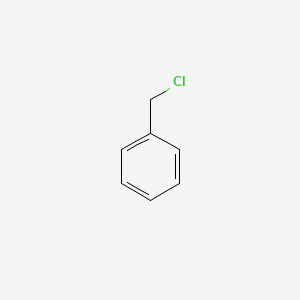


Clethodim is a selective, systemic herbicide belonging to the cyclohexanedione family, primarily used for post-emergence control of annual and perennial grass weeds in various broadleaf crops. It inhibits acetyl-coenzyme A carboxylase (ACCase), an essential enzyme in fatty acid synthesis, leading to the cessation of cell growth and eventual plant death. Clethodim is effective against a wide range of grass species, including those resistant to other herbicides.


Clethodim is a selective, systemic herbicide belonging to the cyclohexanedione family, primarily used for post-emergence control of annual and perennial grass weeds in various broadleaf crops. It inhibits acetyl-coenzyme A carboxylase (ACCase), an essential enzyme in fatty acid synthesis, leading to the cessation of cell growth and eventual plant death. Clethodim is effective against a wide range of grass species, including those resistant to other herbicides.

.3d8f8f41.svg)
Agrochemicals
.3556d45a.svg)

Crop Protection & Pest Control


Herbicides
Included in Quote
Included in Quote
Included in Quote
Included in Quote
.7767eb0f.png)

Chemical Properties & Specifications
Used for post-emergence control of grass weeds in soybeans, cotton, canola, sugar beets, and vegetables.
Applied to ornamental crops and nurseries to prevent grass weed infestations.
Incorporated into integrated pest management (IPM) programs to combat herbicide-resistant grasses.
Clethodim is effective against a broad spectrum of annual and perennial grass weeds, including barnyardgrass, crabgrass, goosegrass, johnsongrass, and wild oats.
Clethodim inhibits acetyl-coenzyme A carboxylase (ACCase), an essential enzyme in fatty acid synthesis, causing cell growth to cease and eventually killing the plant.
Clethodim is used on soybeans, cotton, canola, sugar beets, vegetables (onions, carrots, potatoes), and various broadleaf crops.
Yes, Clethodim is registered for use on food crops, with established residue limits ensuring safety when applied according to regulations.
The recommended dosage varies by crop and weed severity, typically ranging from 0.5 to 2.0 pints per acre.
Compared to other grass herbicides, Clethodim provides post-emergence control, is highly selective, and effectively controls grass weeds resistant to ALS and triazine herbicides.
Clethodim has low toxicity to non-target plants and animals but should be used with caution in aquatic environments due to potential runoff concerns.
The pre-harvest interval (PHI) varies by crop; for soybeans, it is typically 14 days, while for carrots and potatoes, it is around 30 days.

CAS No. : 1309-64-4
Category : Inorganic compound
Sub-Category : Flame retardants
Description: Antimony trioxide (Sb2O3) is an inorganic compound commonly used as a flame retardant and as a catal...

CAS No. : 36306-87-3
Category : Fragrance Ingredients
Sub-Category : Aroma Chemicals
Description: Kephalis is widley used in many industries. It plays a key role in the production of resins, coating...

CAS No. : 100-68-5
Category : Pharmaceutical Actives & Precursors
Sub-Category : Intermediates & Precursors
Description: Thioanisole is a colorless to light yellow liquid with an aromatic odor. It serves as a valuable int...

CAS No. : 1309-48-4
Category : Inorganic compound
Sub-Category : Magnesium compounds
Description: Magnesium oxide, commonly known as magnesia, is a white hygroscopic solid mineral that occurs natura...

CAS No. : 100-44-7
Category : Organic Intermediate
Sub-Category : Reagents
Description: Benzyl Chloride is a colorless to pale yellow liquid with a pungent odor. It is primarily used as an...